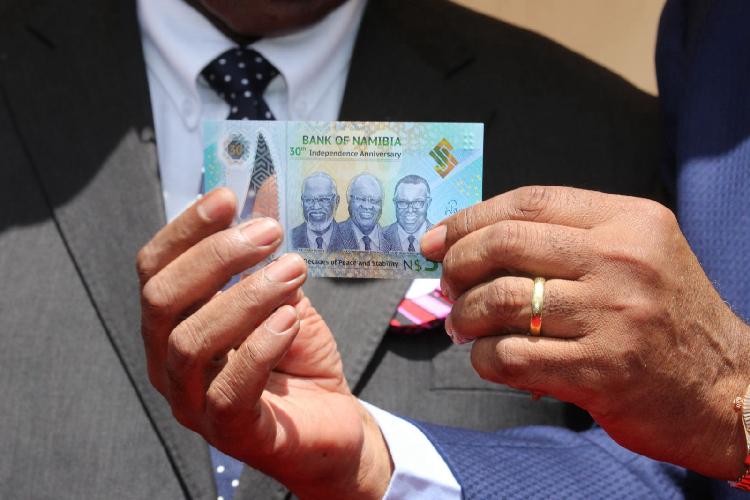HANOI – The global economic crisis will keep more than 60 million Asians in poverty this year, the head of the Asian Development Bank (ADB) said yesterday, urging a greater focus on social welfare including healthcare.
‘This crisis should be seen as an opportunity to take proactive measures that lay the groundwork for inclusive and sustainable development over the long term,’ Haruhiko Kuroda, the Bank’s president, told an international conference.Soaring food costs, rising oil prices and, over the past year, the global economic crisis have cost 41 million Chinese workers their jobs while the number of chronically hungry in South Asia has increased by about 100 million, Kuroda said.The ADB estimates show 60 million people are stuck below the 1,25 US-dollar-a-day poverty line because of the economic downturn.’These people would have been freed from the shackles of poverty had economic growth continued at pre-crisis levels,’ Kuroda told the opening session of the meeting, billed as the first major Asia-Pacific conference on the social impact of the crisis.Kuroda also referred to Indonesia where, after reducing fuel subsidies, the government in 2007 began paying poor families if they met certain health and education requirements, such as ensuring their children attended school.While signs of worldwide economic stabilisation are emerging, the longer-term challenge for Asia’s developing economies will be to enhance resilience to external shocks, Kuroda said.’Practical steps include fostering intra-regional trade, managing financial globalisation, maximising the benefits of labour mobility, and investing more in education, health, and social protection,’ he said.Many governments have implemented multi-billion-dollar stimulus measures to deal with the crisis but these have focused more on infrastructure and tax cuts than social services, says a briefing paper prepared for the conference, which is organised by ADB, the Vietnamese and Chinese governments, and the secretariat of the Association of Southeast Asian Nations.Citing China’s expansion of basic health insurance for the poor, Kuroda said such measures reduce the need for ‘precautionary savings’ by the poor and increases money for consumption or more productive savings, which benefits the economy.-Nampa-AFP
Stay informed with The Namibian – your source for credible journalism. Get in-depth reporting and opinions for
only N$85 a month. Invest in journalism, invest in democracy –
Subscribe Now!










